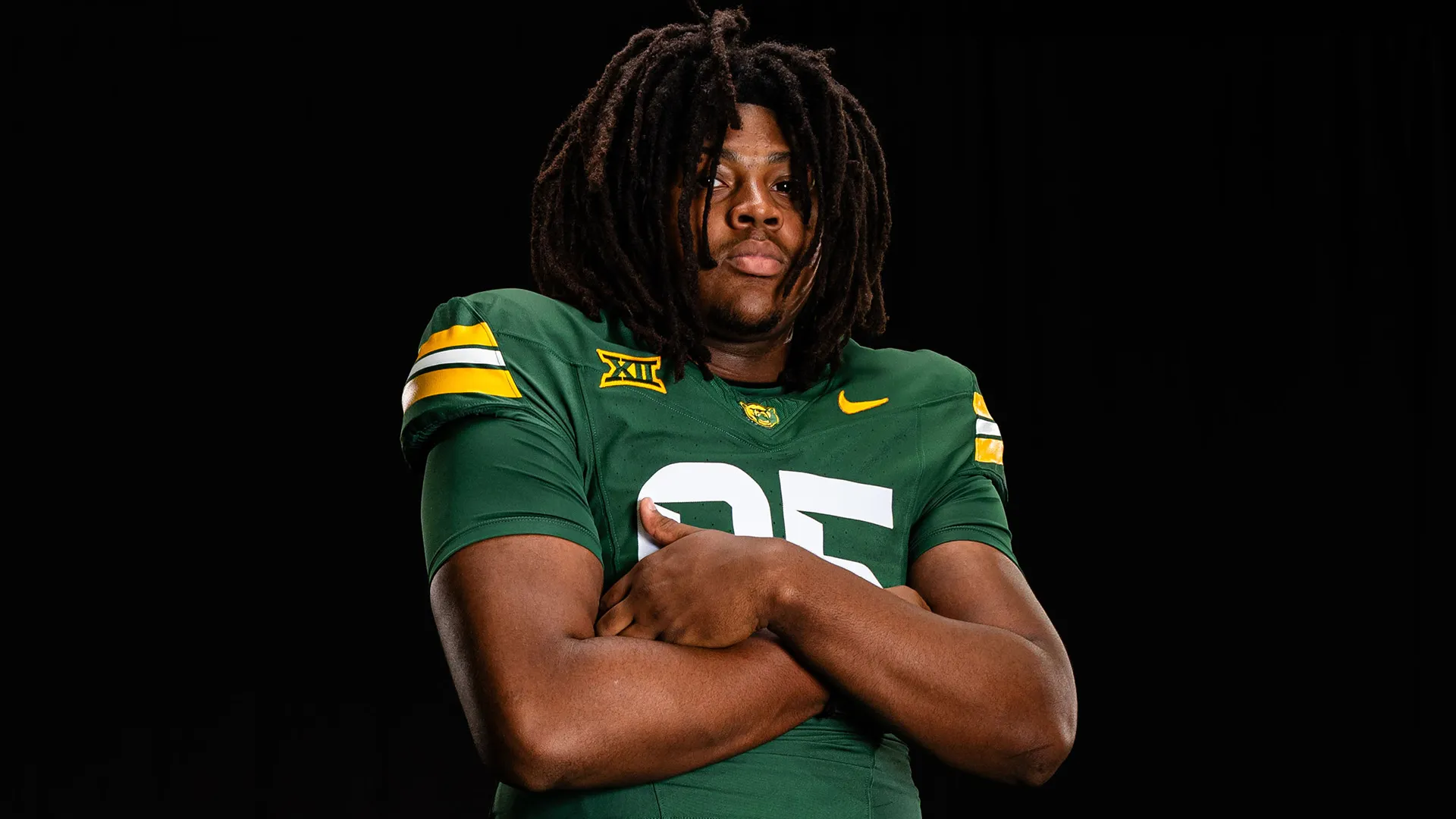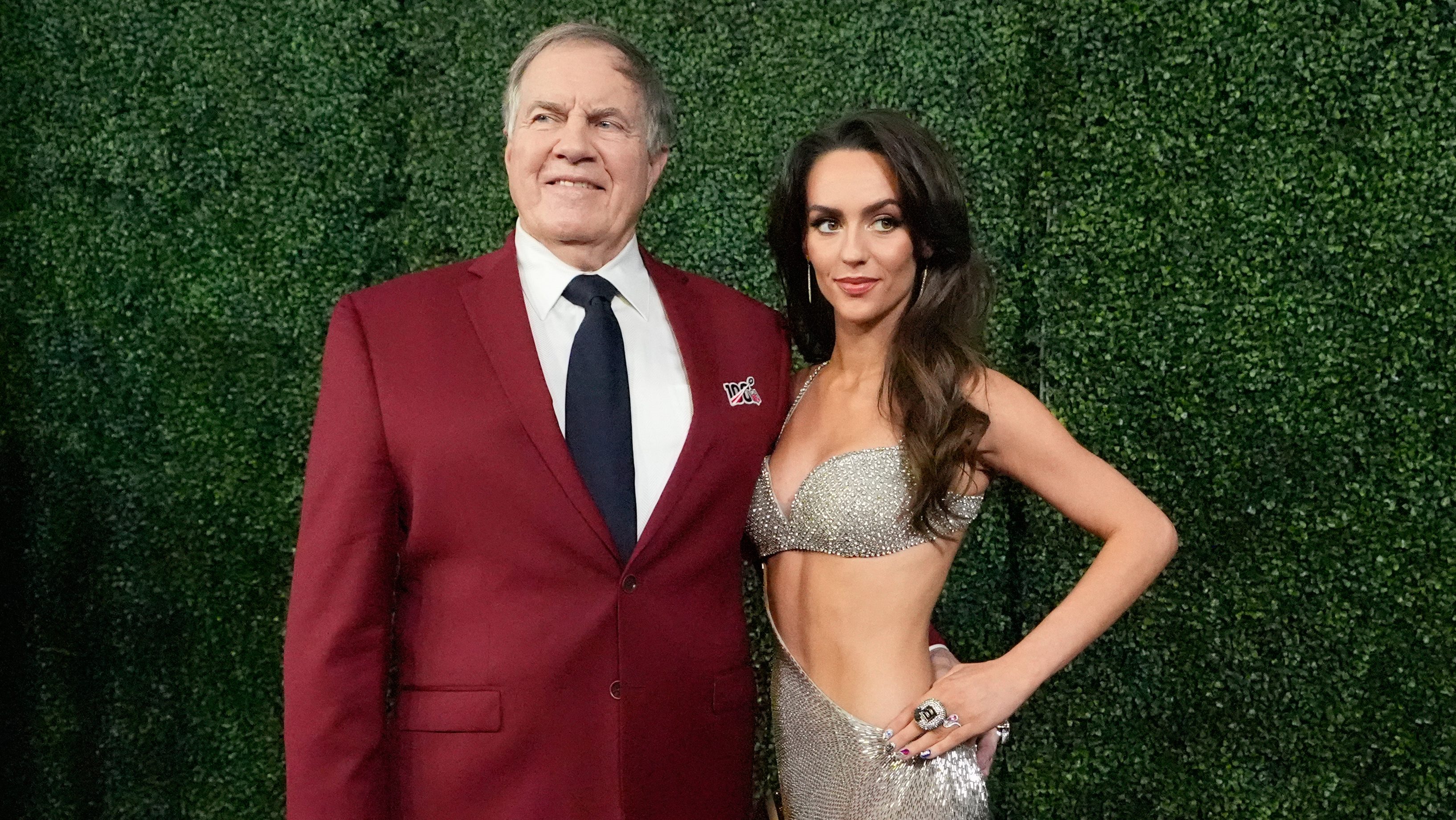- Programming note: Watch "Race in America: A Candid Conversation" Friday, Dec. 4 at 8 p.m. on NBC Sports Bay Area.
No place on earth treasures American football more than Texas. From the hour a boy learns to walk, his fate is to live and breathe the game, from high-school rivalries on Friday, to college extravaganzas on Saturday and NFL games on Sunday.
The other four days generally are devoted to recovering from the previous weekend and preparing for the next.
With our All Access Daily newsletter, stay in the game with the latest updates on your beloved Bay Area and California sports teams!
Meanwhile, a raging pandemic all too often is obscured, all in the name of football.
Though NFL players are paid to take a risk, same as it ever was, the madness is hitting particularly at the college level, where unpaid players are saddled with amateur status. It’s created a dilemma for some fans, while others take a pass.
Multimedia personality Rachel Lindsay, a guest on “Race in America: A Candid Conversation,” Friday night at 8 p.m. PT, is caught in a wave of conflicting emotions.
“I was against the season (being played), and I love -- I’m from Texas now, so let's get it straight -- I love football,” says Lindsay, who was born and bred in Dallas. “They call it a religion out where I'm from. I would miss it if it wasn't on.
“But then I think of the athletes and how it's going to affect them.”
NCAAF
Texas may be the extreme example, but a similar adherence to the game, particularly at the college level, is being exposed in other parts of the country during COVID-19, the worst pandemic on American soil since the 1918 Spanish Flu, which resulted in nearly 700,000 deaths.
Here in 2020, with the case count zooming toward 15 million and the death toll approaching 300,000 and hospitals overcrowding and hallways becoming auxiliary ICU stations, “student-athletes” are getting a single, terse message from most athletic directors and coaches:
Play on.
And, hey, fans, come on out and tailgate. Drink up before staggering into the stadium by the thousands to sit hip-to-hip for three hours on seats designed for maximum discomfort.
It rings clear that the hearts, most of which belong to white men well past their 50th birthday, making these decisions are as cold as the cash they’re chasing.
“I constantly ask myself the question, what would I be doing right now if I was a parent with a collegiate athlete?” Lindsay says. “Because it seems as if -- not seems as if, it is as if -- the way they are moving about, they don't care about the athlete. It's really alarming.
“I haven't been as involved in collegiate sports (this year) because it's hard for me to watch,” she adds. “It's hard for me to watch these players go out there and play, not knowing what their future holds, not knowing if they're going to get sick, let alone get hurt. That's what they already have to worry about. Now they have to worry about getting sick and what this unknown virus is going to potentially do to their bodies just so people can meet their bonuses, so people can get paid, so fans can be cheering, so boosters can be happy and so you can honor TV contracts.”
We’ve had games being scheduled a few days before kickoff, and we’ll have more. We’ve had teams leaving their campuses and flying out of state to practice and play in less restrictive regions. We can expect more of that, too.
A long line of coaches have tested positive, from Alabama’s Nick Almighty Saban to Texas Tech’s Matt Wells to Ohio State’s Ryan Day to Arkansas’ Sam Pittman to Arizona State’s Herm Edwards and countless others.
And the games go on and on and on, each kickoff providing a stark reminder of how disposable these young men are to those benefiting from their labor.
Some teams have played as many as nine games, others a few as one. Meanwhile, there are coaches, some of whom are COVID-19 deniers, doing all in their power to squeeze in games, including shaming those who follow the science.
When the Florida State administration canceled the Nov. 21 game against Clemson after one of the Tigers' players tested positive the morning of the game, Clemson coach Dabo Swinney lit into the decision-makers at FSU.
“If the standard to play was zero positive tests, then we would have never had a season,” Swinney told reporters on his weekly teleconference. “This game was not canceled because of COVID. COVID was just an excuse to cancel the game. To be honest with you, I don't think it has anything to do with their players. I have no doubt that their players wanted to play and would have played. Same with the coaches. To me, the Florida State administration forfeited the game.”
Says the man who is in the second year of a 10-year contract worth a reported $93 million with annual incentives worth an additional $1 million or more. Says the man whose temperature rises at the mere thought of players, the most essential component of the games, getting a fraction of that sweet, juicy pie in his lap.
Players are being exploited. Always have been. Perhaps never more, though, than in this year of rampant recklessness.
The upside, if you want to call it that, is players are subject to regular testing not always available to the average citizen. A matter of priorities.


